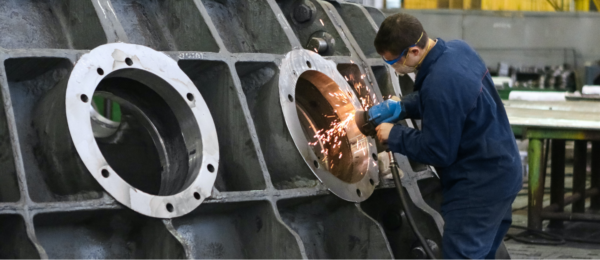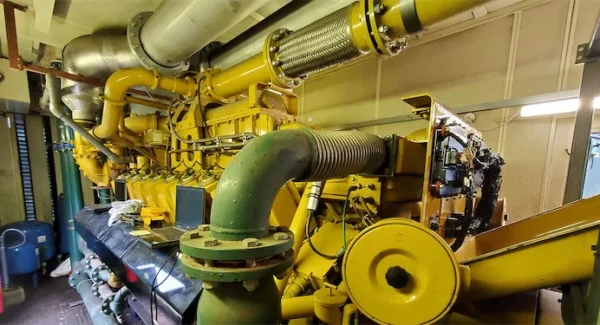In today’s competitive world, manufacturing businesses in the UK are constantly seeking ways to stay ahead of the game while cutting costs and enhancing sustainability. One of the most significant expenses for any manufacturing enterprise is energy consumption. However, with a strategic focus on energy efficiency, these businesses can not only reduce their carbon footprint but also save substantial amounts on their energy bills. In this blog, we will explore some practical tips to help UK manufacturing companies become more energy-efficient, thus contributing to a greener planet and healthier bottom line.
Conduct an Energy Audit:
The first step towards energy efficiency is to understand where and how energy is being used in your manufacturing facility. Conducting a comprehensive energy audit can reveal energy-wasting areas, inefficiencies, and opportunities for improvement. At YLEM Energy this is something that we have helped many manufacturing businesses with in the past. We have seen first-hand how a thorough audit can provide valuable insights for tailored energy-saving solutions.
Invest in Energy-Efficient Equipment:
Modern manufacturing equipment is often designed with energy efficiency in mind. Consider upgrading outdated machinery to more energy-efficient models. While this may involve an initial investment, the long-term savings on energy bills will justify the cost. Look for certifications like Energy Star or other energy-efficiency labels when purchasing new equipment.
Implement Building Energy Management Systems:
Installing building energy management systems (BEMS) can be a game-changer for manufacturing businesses. BEMS allows real-time monitoring and control of energy consumption, identifying anomalies, and optimising energy usage. By automating processes and adjusting energy usage based on demand, manufacturing plants can significantly reduce wastage. We have developed our own BEMS system, Optimise, which guarantees savings on your energy costs and this is something we have continuously improved for over 20 years.
Embrace Onsite Energy:
Transitioning to renewable onsite energy sources is a surefire way to cut down on energy expenses and reduce environmental impact. Consider integrating solar panels or battery energy storage systems to generate clean energy on-site. In addition to cost savings, this move can also improve your brand’s sustainability image.
Implement Energy-Efficient Lighting:
Lighting is a crucial aspect of any manufacturing facility, and inefficient lighting can lead to unnecessary energy consumption. Swap traditional bulbs for energy-efficient LED lighting, which not only consumes less power but also has a longer lifespan, reducing maintenance costs. At YLEM Energy we can also discuss how voltage optimisation can help your business save energy.
Optimise HVAC Systems:
Heating, ventilation, and air conditioning (HVAC) systems can be major energy guzzlers. Ensure regular maintenance, sealing ducts, and replacing air filters to enhance their efficiency. YLEM Energy Optimise can link with your existing HVAC system to control heating and cooling based on occupancy and usage patterns.
Promote Employee Awareness:
Employees play a vital role in energy conservation. Educate and involve your workforce in energy-saving practices and encourage them to report any energy wastage they come across. Recognition and incentives for energy-conscious behaviour can go a long way in fostering a culture of sustainability.
What do you need to do?
Becoming energy-efficient is not only beneficial for the environment but also for the financial health of manufacturing businesses in the UK. By conducting energy audits, investing in energy-efficient equipment, implementing energy management systems, embracing onsite energy, optimising lighting and HVAC systems, and promoting employee awareness, manufacturers can make significant strides towards energy efficiency. As they reduce their carbon footprint and cut energy bills, these businesses can position themselves as leaders in sustainability and contribute to a greener, more prosperous future.





